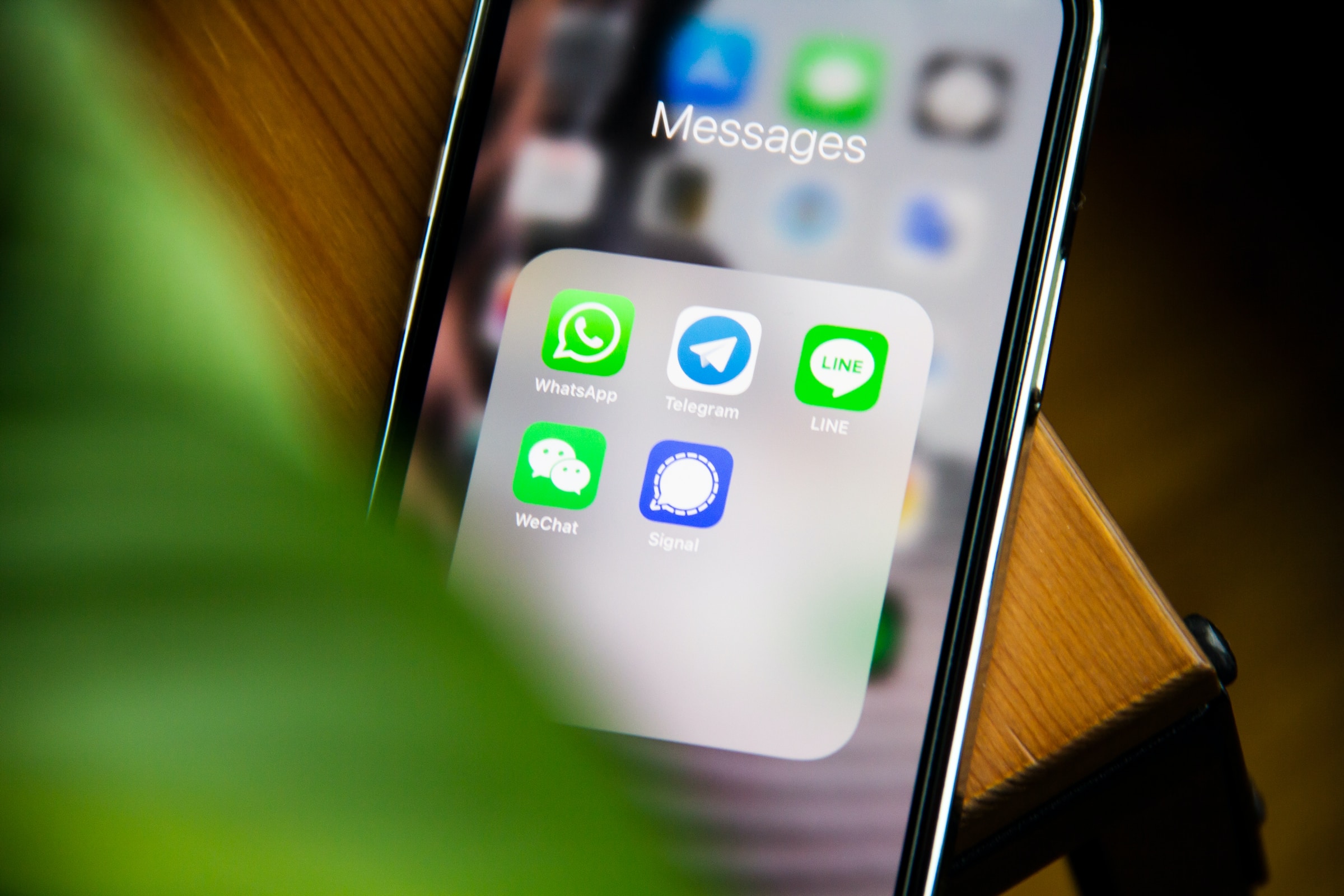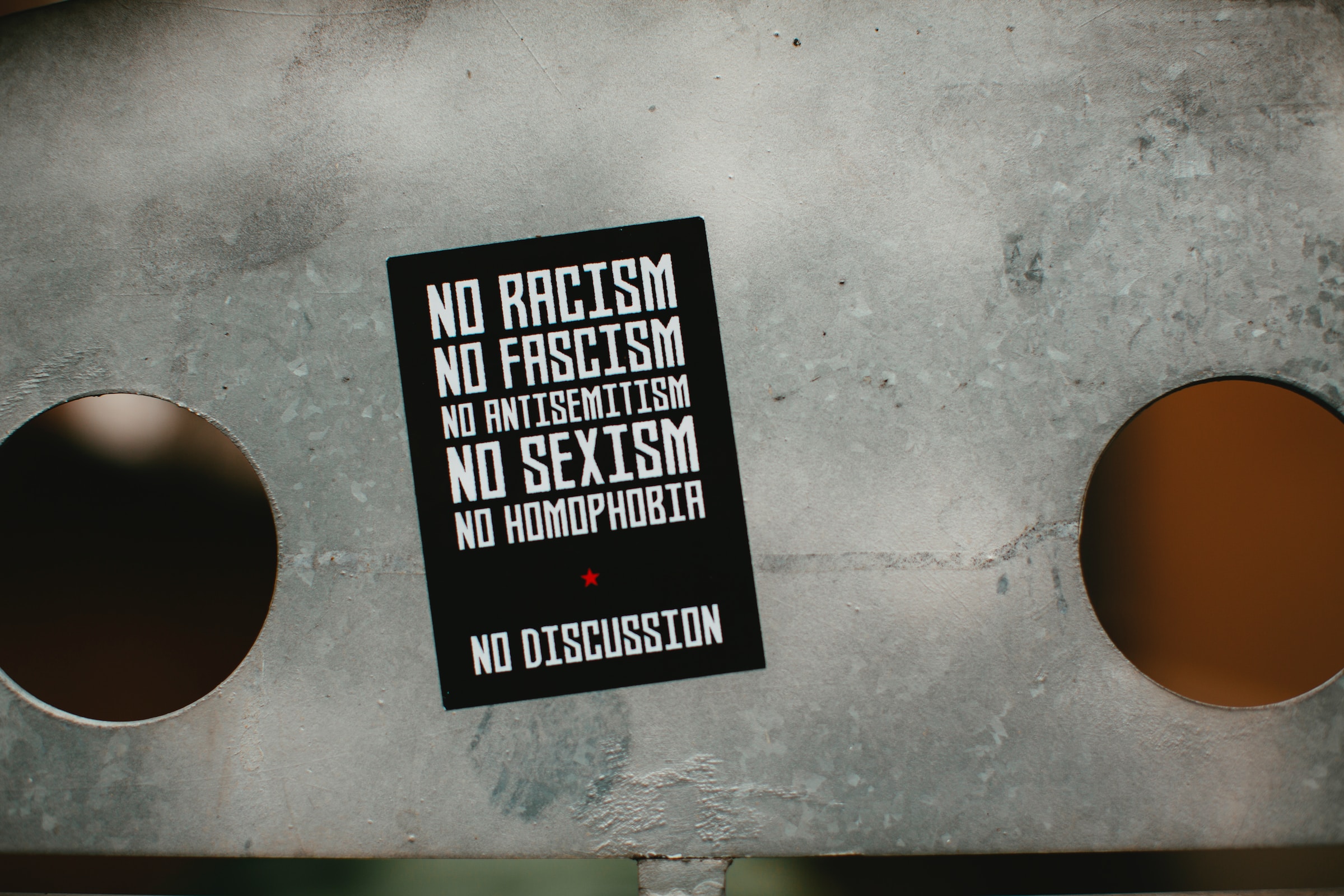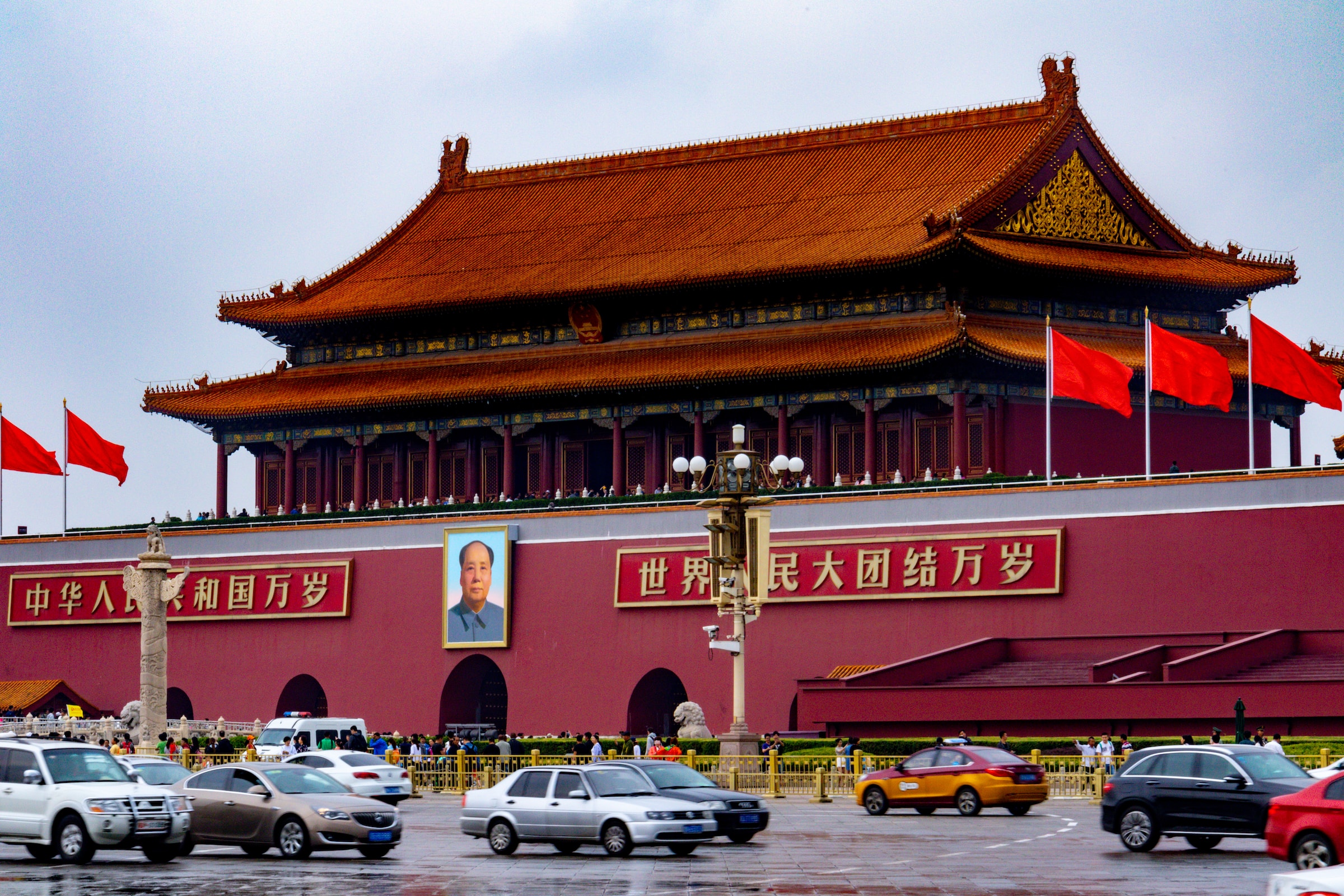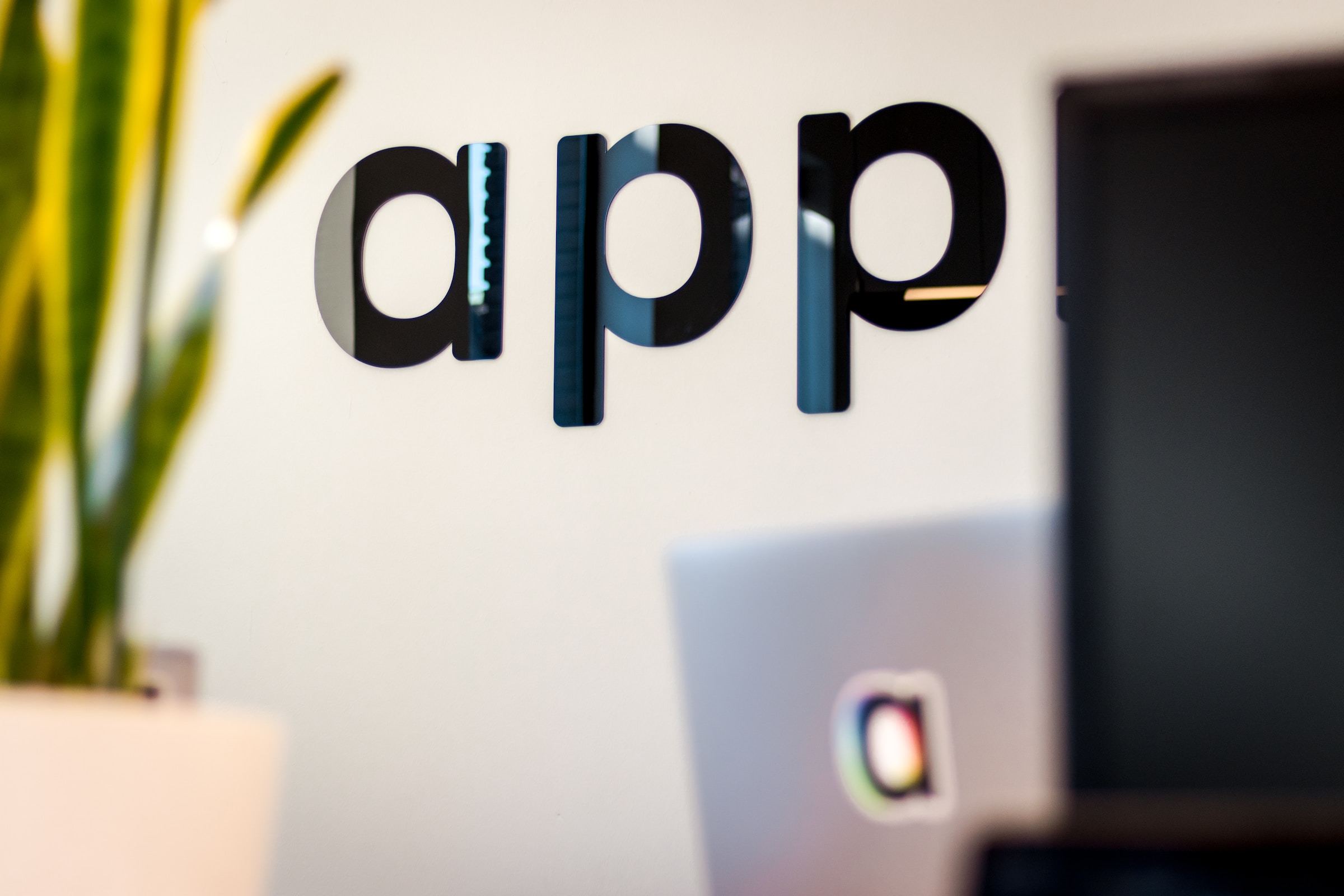[ez-toc]
Introduction

In the intricate web of China’s digital landscape, one force stands as both the master and the captor – WeChat. What started as a chat app has grown into an insidious behemoth, engulfing every facet of daily life and effectively trapping individuals within its all-encompassing clutches.
The numbers alone paint a chilling picture: over 1.0825 billion individual users tightly bound to the whims of WeChat’s virtual realm. It is not just a mere messaging app; it’s an all-consuming virtual realm dictating the norms of modern Chinese society.
WeChat, a popular social media platform in China, faces strict internet censorship enforced by the Chinese government. This censorship has significant implications for discussions related to LGBT (Lesbian, Gay, Bisexual, and Transgender) topics. Content deemed politically sensitive or contradicting official narratives is swiftly removed, inhibiting open and honest dialogue. Consequently, many LGBT individuals and activists resort to self-censorship out of fear of repercussions, which results in reduced genuine expression and limited advocacy efforts.
LGBT Silence in WeChat’s Iron Grip (Censorship and Self-Censorship)

WeChat operates within the confines of China’s strict internet censorship apparatus, known colloquially as the “Great Firewall.” This system involves sophisticated technologies and human intervention to control and filter information accessible to Chinese citizens.
As a result, discussions and content deemed politically sensitive or contrary to official narratives are quickly censored or removed. This censorship extends to LGBT-related topics, restricting the scope of discussions and dampening the potential for open and honest dialogue. Fear of retribution and account suspension forces many LGBT individuals and activists to self-censor their content, leading to a reduction in genuine expression and advocacy.
The Chinese government employs censorship to maintain social stability, control public opinion, and suppress dissenting voices, including those discussing LGBT issues.
Limited Outreach and Visibility

Sign up for more LGBTQ+ news and updates at TrueQueer.
Despite its massive user base in China, WeChat’s reach is confined to domestic audiences. The platform’s popularity lies primarily within the country, which limits the ability to connect with international allies and share experiences with global LGBT communities. Consequently, the international visibility and support that can significantly bolster advocacy efforts are constrained on WeChat.
There are limitations on Open Dialogue. The censorship not only removes content directly discussing LGBT matters but also creates an atmosphere of self-censorship among users. The fear of account suspension, legal consequences, or even personal harm forces individuals to think twice before engaging in open discussions about LGBT issues. As a result, WeChat becomes a platform where certain topics are off-limits, impeding the free exchange of ideas and information.
Threat of Backlash to LGBT Individuals

Advocacy efforts on WeChat are not immune to backlash from conservative elements within Chinese society. While social media platforms have the potential to facilitate open discussions, they can also become breeding grounds for vitriolic attacks and harassment from those opposed to LGBT rights. Such attacks can deter individuals from engaging in advocacy and may even result in account suspensions, further limiting the platform’s utility for LGBT activism.
The culture of fear and self-censorship has significant psychological implications for LGBT individuals who are seeking support and understanding. The inability to share personal experiences or seek advice openly may lead to increased isolation, mental health challenges, and hinder the development of a strong and cohesive LGBT community.
Ineffectiveness in Reaching Decision-Makers

While WeChat can create a sense of community among LGBT individuals and provide a platform for sharing personal stories, it falls short in effectively reaching policymakers and legislators. Advocacy efforts often require direct engagement with decision-makers, which WeChat’s closed and censored nature impedes. Without a more direct channel to influence policy, advocacy efforts may struggle to bring about substantial legislative change.
While the situation on WeChat appears grim for LGBT discussions, there are potential opportunities for change. Advocacy groups and individuals can utilize other platforms with less stringent censorship, both within and outside China, to reach a broader audience and foster open dialogues. Additionally, international pressure and awareness campaigns can shed light on the issue and push for greater freedom of expression within the platform.
Inadequate Resources and Training

While WeChat can foster connections, it does not provide comprehensive resources or training for activists and advocates. Sustaining a successful advocacy campaign requires strategic planning, knowledge of policy processes, and communication skills. Without access to such resources and training, the effectiveness of advocacy on WeChat can be limited.
WeChat’s monopolistic hold extends beyond any other social media service in the nation, shackling citizens and institutions alike. Even government departments, state-owned organizations, private entities, and local communities have been enticed into registering “public” accounts, surrendering their autonomy and willingly subjecting themselves to its rules. These public accounts serve as an artificial haven, masquerading as spaces for open discussions. Yet, they are merely cogs in WeChat’s grand facade, allowing only the illusion of free expression while tightly controlling the narrative.
As the masses mindlessly engage with these public accounts, they unknowingly fuel the rise of this virtual coliseum. Five billion daily page views on roughly 500,000 active official accounts amplify the echoes of a manipulated consensus, further blurring the lines between reality and WeChat’s orchestrated version of it.
Limited Support for Vulnerable Groups

Sign up for more LGBTQ+ news and updates at TrueQueer.
Although WeChat can serve as a platform for LGBT community members to find support, it may not adequately cater to the needs of more vulnerable subgroups within the community. Transgender individuals, for example, may face unique challenges and require targeted support, which might be insufficiently addressed within the broader LGBT community on WeChat.
The rise of WeChat’s mobile payment system, touted as a symbol of convenience, conceals a sinister truth. The app’s dominance as China’s preferred payment method stems not from superior service but from a calculated exploitation of a currency crisis. Countless transactions funnel through this virtual gateway, giving WeChat an unprecedented hold over the nation’s financial transactions. Yet, hidden behind the allure of convenience lies a disconcerting reality – an insidious erosion of privacy and the ascent of a digital surveillance state.
Behind WeChat’s shimmering facade of connectivity lies an insidious secret – its role as a willing enforcer of China’s rigorous censorship regime. Far from a platform of free expression, WeChat operates as a tool of control, filtering out any dissenting voices or content deemed undesirable by those in power. The University of Hong Kong’s “WeChatscope” project may have attempted to expose the truth, but WeChat’s virtual labyrinth of censorship remains impenetrable, leaving its users ignorant of the sinister forces at play.
Real Example: An Advocacy Effort Lost in Censorship

During an attempt to organize a local LGBT pride event on WeChat, discussions were swiftly quashed by the platform’s censorship mechanisms. The event’s organizers faced account suspensions, and discussions about the pride event were wiped from the platform. Despite the enthusiasm and support from community members, the limitations of WeChat’s censorship stifled the event’s momentum and undermined the potential for LGBT visibility and celebration.
In a digital realm where WeChat reigns supreme, resistance is futile. Its tendrils reach deep into every aspect of life, ensnaring individuals and institutions alike. The captivating allure of WeChat conceals a sinister truth – that beneath the illusion of connectivity lies a meticulously crafted web of control and manipulation. To embrace WeChat is to surrender one’s autonomy, to be held captive within a digital dystopia of censorship, surveillance, and submission.
Behind the illusion of transparency, WeChat employs a deceptive mechanism to mask its iron-fisted censorship practices. The company, in a calculated move, issues official explanations for the removal of posts, but these explanations are nothing more than a smokescreen to quell dissent and maintain control.
Let’s dissect these so-called “reasons” provided by WeChat

“This content has been deleted by the publisher” (8,092 articles)
This seemingly innocent explanation points to self-censorship, a practice deeply entrenched in the psyche of internet users in China. Fear of retribution, punishment, or even worse consequences propels individuals to willingly silence themselves. The true reason behind this self-inflicted silence is not a sudden change of heart but the looming specter of authoritarian control. An online space once envisioned as a bastion of free expression now shackles its users with fear, warning them that daring to speak out could bring grave trouble.
“This content is unavailable for violation of related law and regulations” (2,950 articles)
This ambiguous explanation serves as a convenient catch-all for WeChat’s real enforcers – the censorship authorities and the corporate content review team. Behind the veneer of legality, an unseen hand selects which content to eliminate, effectively silencing any dissent or opposing viewpoints. The purported adherence to “laws and regulations” is nothing but a thinly veiled pretense to justify their actions.
“This account was blocked on Wechat” (406 articles)
A mere 406 instances cited as reasons for account suspension, but what WeChat doesn’t reveal is the arbitrary nature of these decisions. The illusion of community rules masks the unchecked power wielded by the censorship authorities. Users are at their mercy, with no recourse or appeal process. The truth is that these suspensions can be triggered for the slightest transgressions, leaving users in the dark and devoid of any meaningful explanation.
“This content has been reported by multiple people, and the related content is unable to be shown” (206 articles)
A flimsy excuse to justify content removal, allowing the mob mentality to dictate what is shown and what remains hidden. The platform’s rules become a tool for witch hunts, with users pouncing on any content they deem offensive or challenging. The reality is that this system fosters an environment of self-policing, turning users into unwitting agents of censorship.
WeChat’s carefully crafted explanations merely serve as a facade, obscuring the truth behind the company’s oppressive practices. The grand illusion of transparency is nothing but a cunning manipulation to stifle dissent and maintain an iron grip over the narrative. In this digital domain, free expression is a fleeting illusion, and the dance of censorship continues unabated, leaving users trapped in a virtual prison of silence and subservience.
Follow us on Facebook
![]()

![[In The Know] 6 Ways WeChat’s Authoritarian Stranglehold Crushes LGBT Advocacy in China’s Digital Prison [In The Know] 6 Ways WeChat’s Authoritarian Stranglehold Crushes LGBT Advocacy in China’s Digital Prison](https://truequeer.com/wp-content/uploads/2023/07/adem-ay-zs-41Br0WhQ-unsplash-2048x1365.jpg)